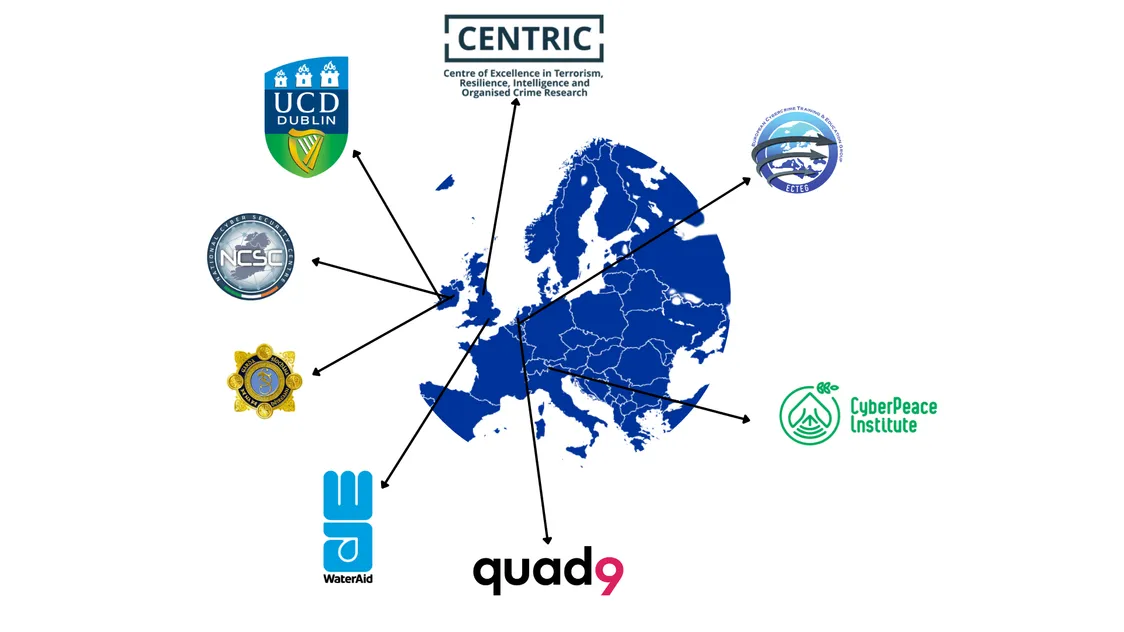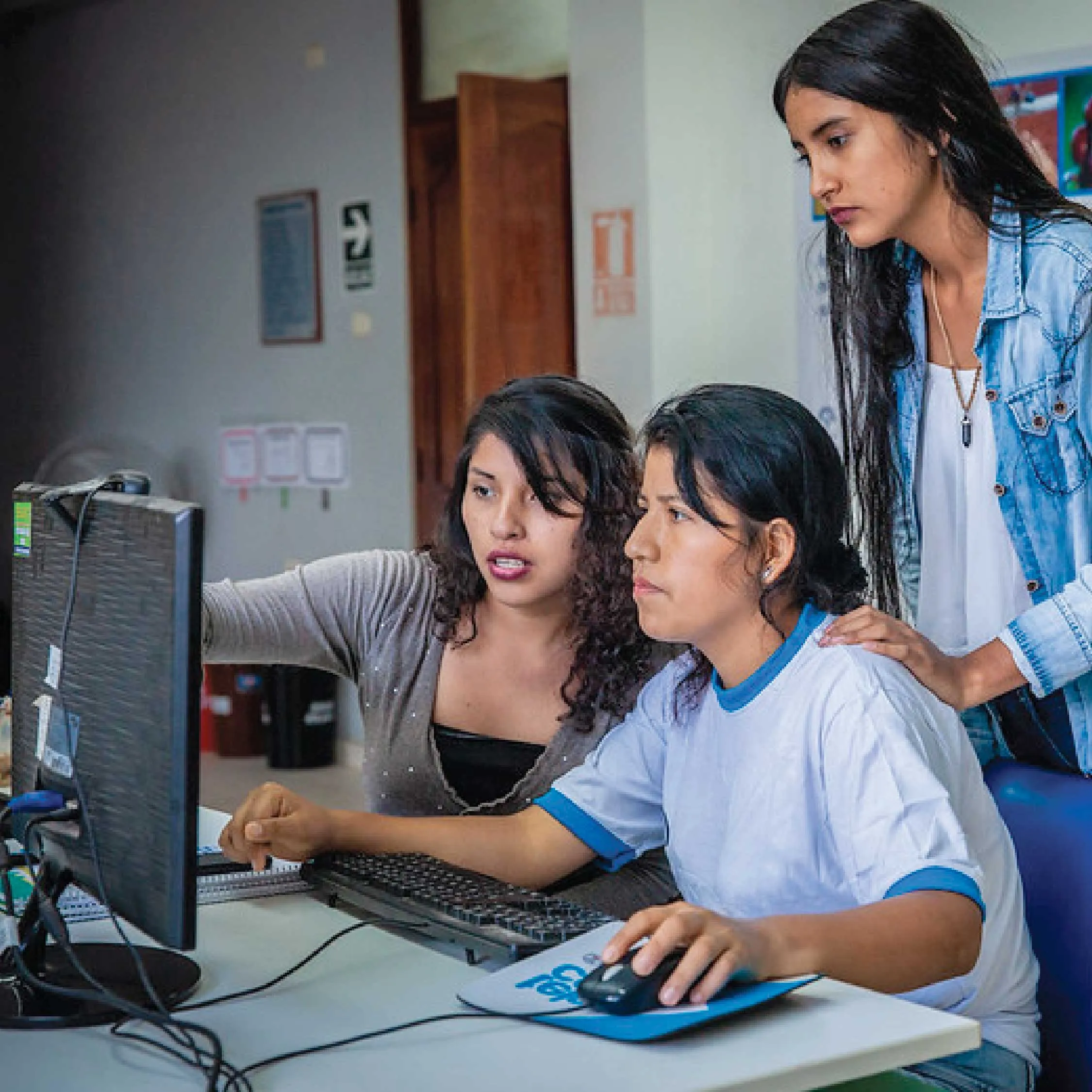Underserved Project
About Underserved
What is the project summary?
The objective of the UnderServed Project is to develop a platform for reporting and analysing threats, intended for sectors that are vulnerable to cyberattacks yet lack the resources to mitigate them effectively. These sectors do not fall under EU critical infrastructure funding priorities, but are providing critical services to vulnerable sections of society. While the project's focus will be on the humanitarian sector, the solution's design will prioritise adaptability, allowing its potential application in other sectors or countries in the future.
UnderServed will combine state of the art technology and best practices to develop a customised back-end system. This system will automate file analysis and produce comprehensive threat reports for dissemination within the community at risk and to law enforcement agencies.
The project will address the Internal Security Fund’s (ISF) call priorities by:
- Analysing the threat against humanitarian, development, and peace NGOs.
- Enhancing law enforcement’s operational capacity by highlighting the true scale of cybercrime’s impact on humanitarian, development, and peace NGOs. Furthermore, drawing inspiration from MeliCERTes, which was developed under the Connecting Europe Facilities, to develop a platform to facilitate information sharing and reporting of threats.
- Training law enforcement agencies through modules on interpreting and acting on cyber threat intelligence.
- Fostering cooperation between humanitarian, development, and peace NGOs, law enforcement agencies, and CERTs, notably by deploying a crime reporting platform and building synergies between unrepresented sectors and national authorities. The platform will enhance the reporting of crime to law enforcement agencies and so provide a better picture of the scale and extent of cybercrime.
What is the reasoning behind UnderServed?
The European Union (EU) is one of the world’s largest providers of humanitarian assistance, with the European Commission providing humanitarian funding worldwide to over 200 partner organisations which implement relief actions on the ground. In Europe alone, there are more than 129,000 public-benefit foundations. Combined, these organisations give more than 53 billion euros annually to help fulfil various missions and support vulnerable communities. Yet, they have become an ideal target of cyberattacks, putting these funds at risk.
➡️ Between June 2020 and June 2021, NGOs have been identified as the most targeted sector by nation-state threat actors who have become more sophisticated and harder to detect, creating a threat to security that is replicated by other cybercriminals.
➡️ Between July 2020 and June 2022, the CyberPeace Institute recorded 157 cases of cyber incidents impacting the not-for-profit sector, for which data was publicly available. While NGOs play a vital role in serving and protecting more than 1 billion people around the world, often they struggle to effectively protect themselves online.
They cannot respond to cyberattacks in isolation. The necessity to build an ecosystem in Europe that promotes collaboration and trust between Law Enforcement Agencies (LEA), Judiciary Authorities (JA), Computer Emergency Response Teams (CERTs), the private sector, and victims is unprecedented.
This will help to overcome existing constraints by pooling resources towards meeting common goals and therefore amplify the impact of collaborative actions.

Partners
8

Duration
Duration 24 months (June 2023 - 31 May 2025)

Grant number
No. 101111844
Why do we need UnderServed?
The project will enhance the operational capacity of law enforcement by bringing their attention to the real extent of cybercrime affecting a specific sector and the provision of an information sharing and threat reporting tool. In addition there will be a training module for LE on interpreting and acting on cyber threat intelligence.
UnderServed will also foster cooperation between law enforcement and private entities and build synergies between unrepresented sectors and national authorities. The platform will enhance the reporting of crime to LEAs, offering a clearer perspective of the scale and extent of cybercrime. This not only benefits the sector targeted in this project but also other sectors deploying the solution in the future. This creates the potential for a network of reporting points across Europe, producing valuable threat intelligence that can be used to defend and mitigate against the cyber threat.
Consortium partners
The UnderServed consortium is composed of 8 members, representing 3 EU member states, 1 Swiss partner and 2 UK partners. Consortium partners consist of end-users, research centres, and government agencies that together will combine expertise and enable a multidisciplinary approach to effectively complete the outcomes of the project. The project Coordinator is University College Dublin (UCD CCI).

Deliverables and Documents
 | Cyber Threat Landscape of EU NGOsThis report, part of the UnderServed project, is available in 24 EU languages: |




